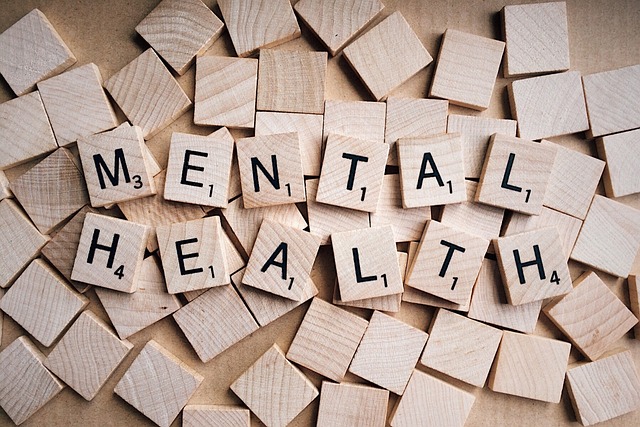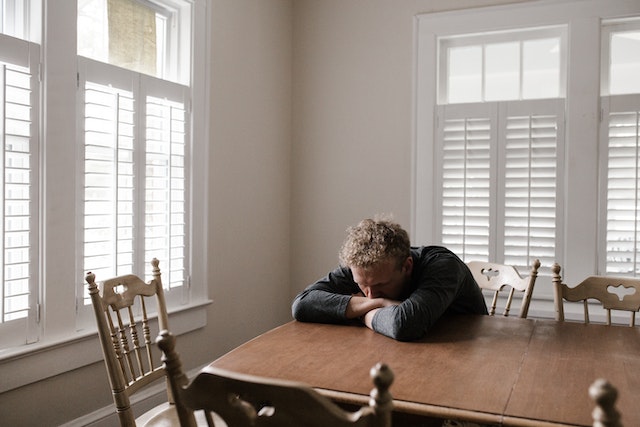Overall, mental health conditions occur in Black and African American (B/AA) people in America at about the same or less frequency than in White Americans. However, the historical Black and African American experience in America has and continues to be characterized by trauma and violence more often than for their White counterparts and impacts emotional and mental health of both youth and adults. (See prevalence statistics below).
Historical dehumanization, oppression, and violence against Black and African American people has evolved into present day racism – structural, institutional, and individual – and cultivates a uniquely mistrustful and less affluent community experience, characterized by a myriad of disparities including inadequate access to and delivery of care in the health system. Processing and dealing with layers of individual trauma on top of new mass traumas from COVID-19 (uncertainty, isolation, grief from financial or human losses), police brutality and its fetishization in news media, and divisive political rhetoric adds compounding layers of complexity for individuals to responsibly manage.
Help-seeking behavior is affected by mistrust of the medical system and often begins with faith-based outreach. However, MHA screening data shows that Black and African American people who screen positive for depression self-identify as planning to seek help at higher rates than the general population says they will seek help. Unfortunately, Black and African American providers, who are known to give more appropriate and effective care to Black and African American help-seekers, make up a very small portion of the behavioral health provider workforce (see treatment statistics below). Because of these factors and more, Black and African American people are more likely to experience chronic and persistent, rather than episodic, mental health conditions. Yet, hope for recovery should remain, as light is shed on these issues – and the general public holds accountable policymakers and health systems to evolve better systems which eliminate inequities in mental health services.
Demographics/Societal Issues
- 13.4 percent of the U.S. population, or nearly 46 million people, identify themselves as Black or African American and another 2.7 percent identified as multiracial.
- According to the most recent Census data available, 55 percent of all Black and African American people lived in the South, 18 percent lived in the Midwest, 17 percent in the Northeast, and 10 percent in the West.
- The Black immigrant population in the U.S. increased from 816,000 in 1980 to over 4.2 million by 2016. Thirty-nine percent were from Africa and nearly half were from the Caribbean.
- Overall, 24 percent of Black and African American people have a bachelor’s degree or higher as of 2017.
- More than 1 in 5 Black and African American people in the U.S. lived in poverty as of 2018.
- Women are the heads of household in roughly 30 percent of Black and African American homes, compared to 9 percent of white homes.
- Historical adversity, which includes slavery, sharecropping, and race-based exclusion from health, educational, social, and economic resources, translates into socioeconomic disparities experienced by Black and African American people today. Socioeconomic status, in turn, is linked to mental health: people who are impoverished, homeless, incarcerated, or have substance use problems are at higher risk for poor mental health.
- Despite progress made over the years, racism continues to have an impact on the mental health of Black and African American people. Negative stereotypes and attitudes of rejection have decreased, but continue to occur with measurable, adverse consequences. Historical and contemporary instances of negative treatment have led to a mistrust of authorities, many of whom are not seen as having the best interests of Black and African Americans in mind.




